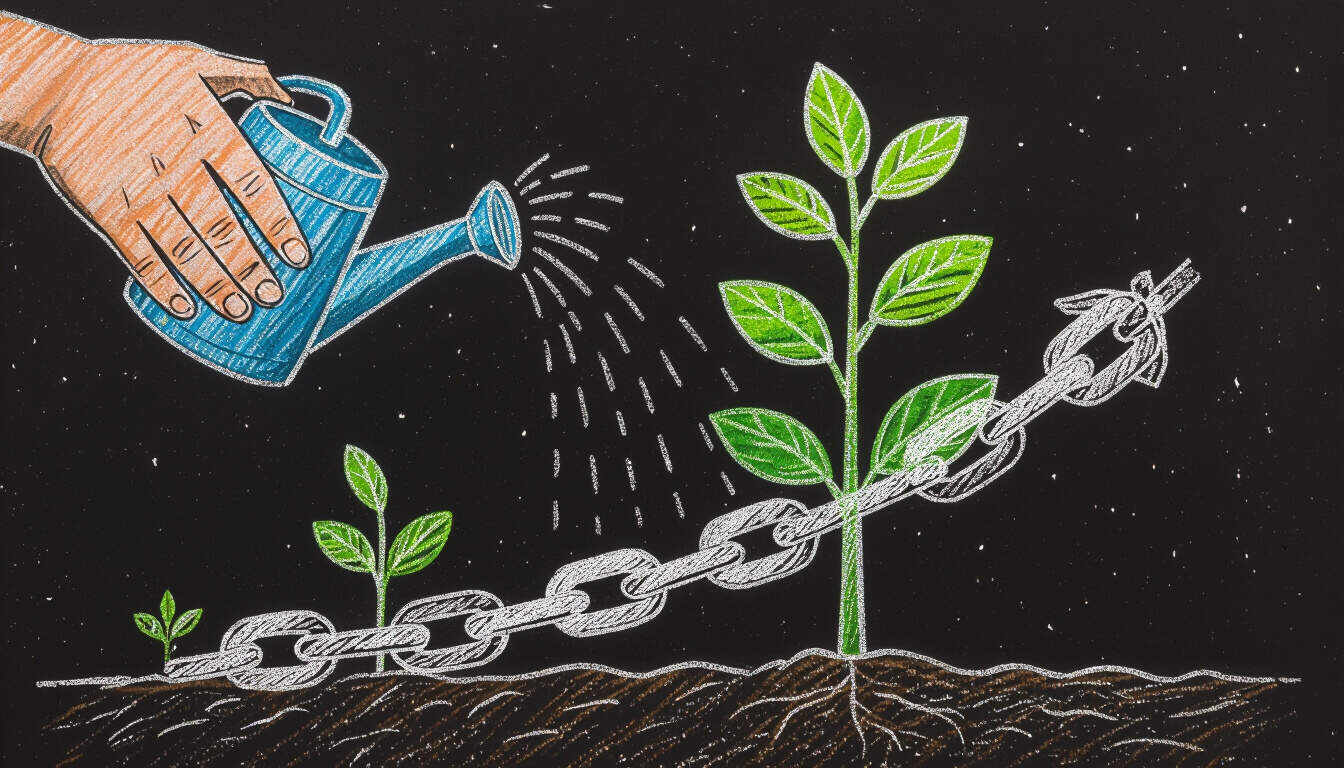Essentials of Habit Formation for Enhanced Productivity
 by Marlene Keeling
by Marlene Keeling
Discover the fundamentals of habit formation and how it supports better time management for professionals and students. Learn practical steps to build routines that promote focus and efficiency in daily life.

Habit formation serves as a key element in improving daily routines. Many people seek ways to make their days more effective, and building habits offers a reliable path. This approach helps in creating structure that leads to greater output without constant effort.
Why Focus on Habit Formation?
Building habits means turning actions into automatic behaviors. Over time, these patterns reduce the mental load, allowing more energy for important tasks. For instance, starting the day with a set routine can lead to better concentration throughout the day.
In practice, habits form through repetition and consistency. This process involves repeating an action until it becomes second nature. Such methods are especially useful for busy individuals who want to optimize their schedules.
The Basics of Starting a Habit
To begin, identify a specific behavior you want to adopt. Choose something simple, like reading for 15 minutes each morning. Once selected, set a clear trigger, such as placing a book by your bed. This makes the action easier to start.
Next, commit to a regular schedule. For example, using time blocking can help. This technique involves setting aside dedicated periods for your new habit, ensuring it fits into your day without overlap.
Tracking progress is essential. Keep a simple log of your efforts. This record shows improvements and keeps motivation high. Remember, small steps build over time, leading to lasting change.
Linking Habits to Hyperfocus
Hyperfocus is a state where deep attention occurs on a single task. Good habits support this by minimizing distractions. For example, creating a habit of clearing your workspace before starting work can foster an environment for intense focus.
To achieve hyperfocus, combine habit formation with planning. Begin by establishing a routine that includes short breaks. This balance prevents burnout and sustains attention over longer periods.
In one case, professionals use habits like starting meetings on time to maintain flow. Students might adopt routines for study sessions, ensuring they enter a focused state quickly.
Practical Tips for Success
Here are some actionable steps to get started:
- Start with one habit at a time to avoid overwhelm.
- Set realistic goals, such as exercising three times a week.
- Use reminders, like phone alerts, to prompt your actions.
- Reward yourself after completing a habit to reinforce the behavior.
- Adjust as needed based on what works best for you.
These tips make the process straightforward and adaptable. For time management, pair habits with tools like calendars to visualize your day.
Overcoming Common Challenges
Everyone faces obstacles when forming habits. Forgetting or losing interest can happen, but solutions exist. If you miss a day, simply resume without self-criticism. Consistency matters more than perfection.
Another challenge is external interruptions. To counter this, create a supportive setting. For example, inform family members about your routine to reduce disruptions.
Over time, these strategies lead to stronger routines. The key is persistence, turning potential setbacks into learning opportunities.
Real-Life Applications
In professional settings, habit formation aids in meeting deadlines. By making task reviews a daily habit, workers stay ahead of their responsibilities. Students benefit similarly, using habits to prepare for exams consistently.
Overall, integrating habits into life enhances productivity. This method supports both work and personal growth, making it a valuable skill for anyone.
As you implement these ideas, notice the positive effects on your routine. With continued effort, habit formation becomes a natural part of achieving your goals.
